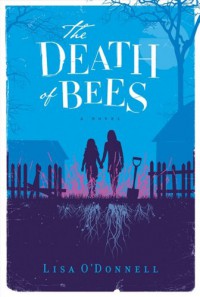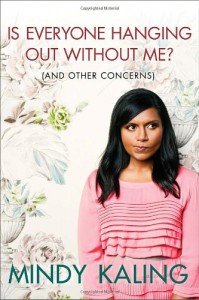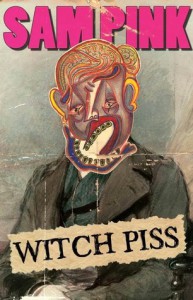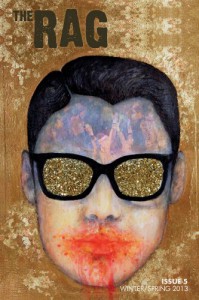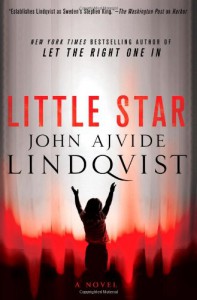
The Sister Pact
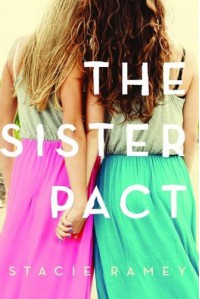
Allie and Leah have a special bond as sisters coping with their parent's constant fighting and eventual separation. When the girls are around 13 and 15, they make a promise to each other: if life ever gets bad enough that one of them wants to end it, she must discuss it with the other. If they can't come up with a solution, they'll end it together. So when Leah commits suicide (two?) years later, Allie is shocked and hurt, not only because Leah didn't confide in her, but because she didn't take Allie with her.
Leah's suicide essentially destroys Allie's life, but not in the way I expected. I assumed the book would be about how Allie grieves, then picks up the pieces after her beloved sister kills herself. Instead, it's about how Allie falls apart mostly because she feels betrayed. She doesn't understand how Leah could possibly have done it without her. This bothers me because if I was in Allie's situation, of course I would be upset, but I would also assume my sister didn't tell me because she loves me and didn't want me to kill myself too. When someone finally presents this possibility towards the end of the book, Allie is basically like "omg could it really be that Leah just loved me and didn't want me to die!?" Wow, what a concept. I really feel like anyone with half a brain would come to that conclusion on his or her own. My sister has never killed herself though, so maybe I don't know how it is. Maybe when something like that happens, you lose your ability to think even a tiny bit logically forever until someone says "hey, you should stop being dumb." I guess if that's how it works, then this story is very realistic.
The way Allie deals with her grief/anger/sadness was a bit strange to me too. She didn't want to take meds for depression because she claimed the meds changed her too much, but she was all too happy to be a Xanax zombie or to take random pill from a guy she barely knows. I guess it's okay to take pills that make you feel different as long as they also get you high!
In addition to dealing with Leah's betrayal of their pact, Allie struggles to understand why Leah committed suicide in the first place. Her quest for truth is a short one, as she quickly discovers that Leah had a secret boyfriend who sheds some light on her depression. After all the drama and drugs, the reason for Leah's suicide felt like an afterthought. Leah killed herself because...
(show spoiler)
The copy I read was an ARC, and the book doesn't release until November, so I imagine there's still time to fix some of the grammatical errors and won't hold those against the book. However, I really didn't like the author's use of the word 'starstuck,' and I think that either she doesn't know what it means, or her characters don't. There are 8 separate instances in which Allie is referred to as starstruck by either Leah or a boy. People who are starstruck are, according to Merriam-Webster, "feeling or showing great interest in and admiration for famous people," and other dictionaries give very similar definitions. Leah and Allie's guy friends are not famous, they're just regular people. Just one mention of Allie being starstruck by Leah wouldn't have bothered me so much, but after 8 times, this was all I could think of:
There were even a couple sentences about it that were nearly identical. The first time, in chapter 3: "My sister made me a little starstruck. She never minded, as long as it was her star I was following." The second time, in chapter 5: "Always starstruck, that's me. Leah didn't mind as long as it was her star I was following." I suppose there's a chance this won't be a problem in the retail release of the book, but it really bugged me so I had to mention it.
This book made me question my preference for YA books. It made me wonder if maybe I'm too old for them now, or I'm too out of touch. But then I thought of some of the fantastic YA books I've read as a 20-something adult and realized that while I do sometimes roll my eyes at some of the "dumb teenager" stuff, I've read and enjoyed so many of them that it can't be me. I didn't like this book, not because I'm too old for it, but because I just didn't like it.
***I received an ARC of The Sister Pact from Netgalley in exchange for an honest review***




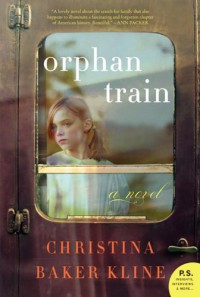




 3
3
